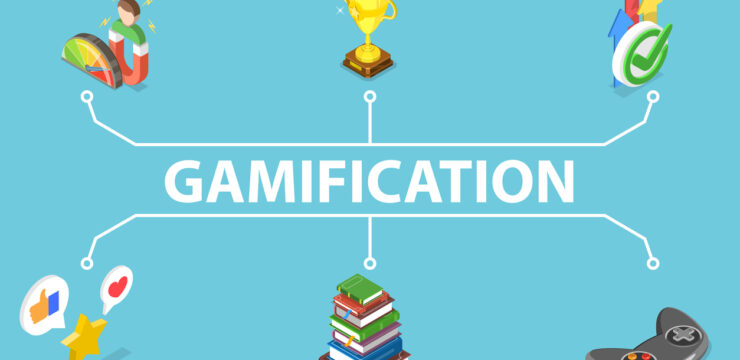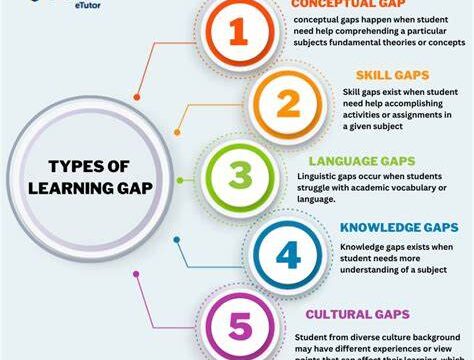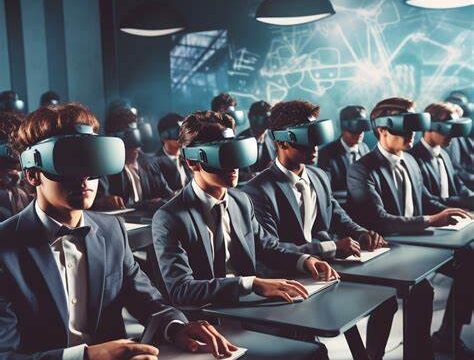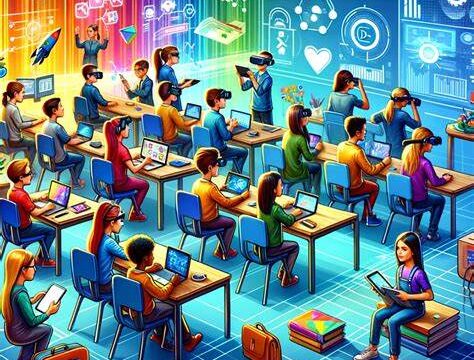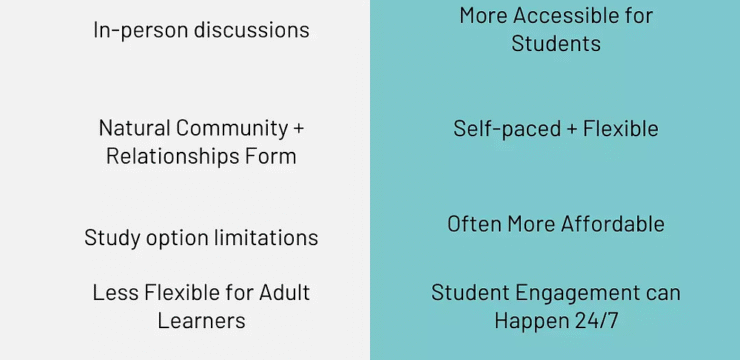Education is one of the most powerful tools for transforming individuals and communities. It opens doors to new opportunities, enhances quality of life, and fosters personal growth. Around the world, education has consistently proven to be a catalyst for positive change, lifting people out of poverty and helping them build a better future.
Breaking the Cycle of Poverty
One of the most profound impacts of education is its ability to break the cycle of poverty. When individuals have access to quality education, they gain the skills and knowledge needed to secure better-paying jobs and make informed decisions about their future. This creates a ripple effect, benefiting families and communities for generations.
Numerous studies show that children of educated parents are more likely to attend school themselves, setting in motion a virtuous cycle of learning and development. With literacy and numeracy skills, individuals can participate more fully in the economy and society, leading to long-term growth and stability.
Empowering Individuals and Communities
Education empowers people by equipping them with the confidence and tools they need to make their voices heard. It encourages critical thinking, promotes equality, and strengthens democratic values. In many regions, education has played a central role in empowering women and marginalized groups to advocate for their rights and improve their social standing.
Communities that prioritize education often see improvements in public health, civic engagement, and innovation. Whether it’s learning new technologies, understanding environmental issues, or navigating complex social challenges, education helps people respond with knowledge and resilience.
Lifelong Learning: A Key to Success
In today’s fast-paced world, learning doesn’t stop after school. Lifelong learning is essential for adapting to change, staying competitive in the job market, and achieving personal fulfillment. From vocational training to online courses, the availability of educational resources has expanded dramatically, making it easier than ever to learn new skills at any age.
Employers increasingly value continuous learning and adaptability. By investing in their education, individuals can stay ahead in evolving industries and contribute meaningfully to their workplaces and communities.
Education and the Future
As we look toward the future, the role of education will only grow in importance. Emerging technologies, global challenges, and shifting economic landscapes demand that we equip the next generation with not just knowledge, but also creativity, empathy, and problem-solving abilities.
Governments, educators, and communities all have a role to play in ensuring that education remains accessible, inclusive, and responsive to the needs of a changing world.
Conclusion
Education changes lives. It uplifts, empowers, and unlocks human potential. By investing in education—for ourselves, our children, and our communities—we invest in a brighter, more equitable future for all.

